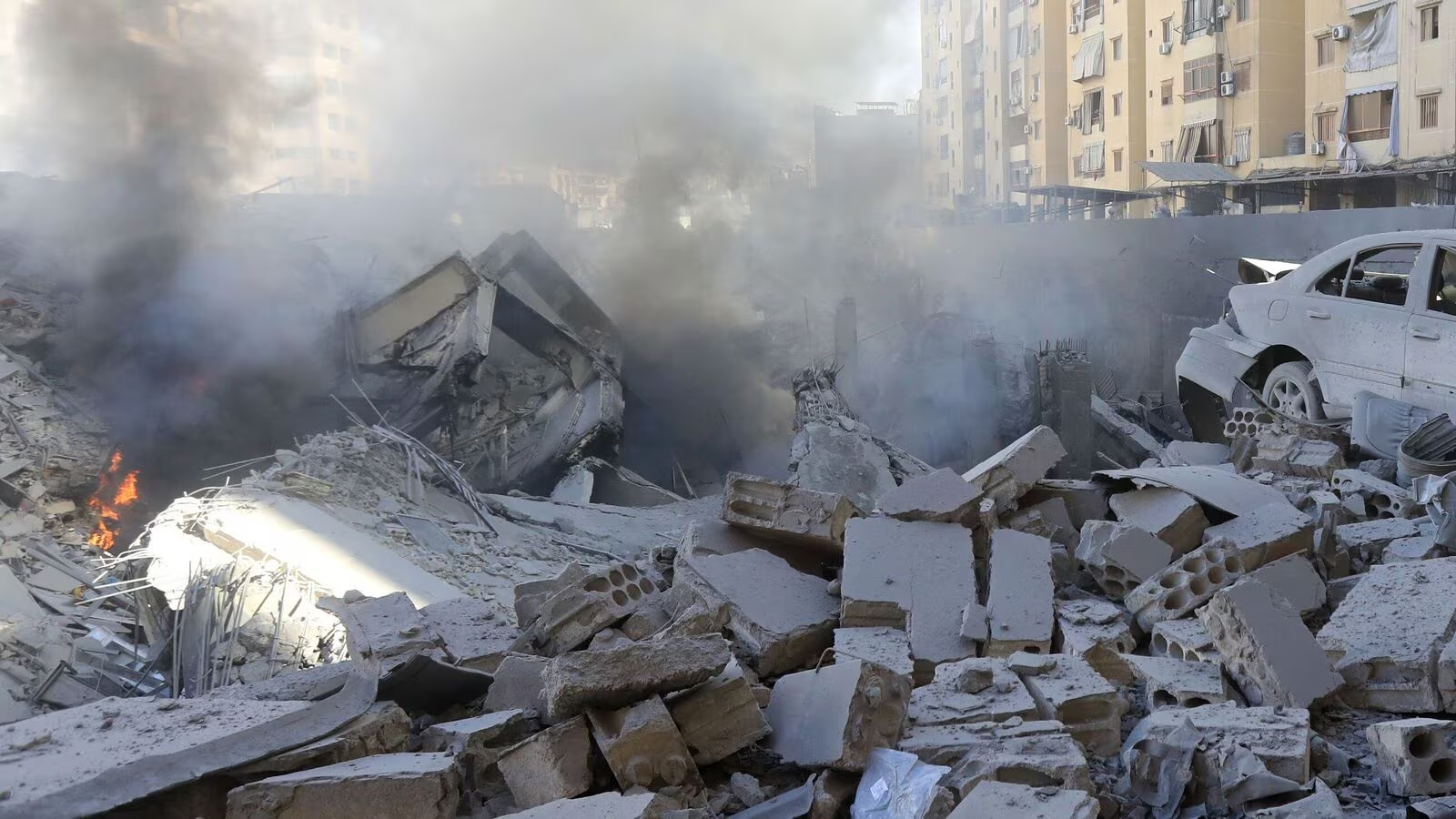Iran’s Vow
Iran has made it clear that, it would use all available tools to react effectively against the attacks. The SAT attacks on missile production centres occurred around the capital, Tehran, and the west of Iran. The Iranian Foreign Ministry Spokesman, Esmaeil Baghaei, was speaking in reaction to the recent airstrikes that the Israeli forces had launched against the Iranian military facilities.
Israeli Attacks
Israel had launched three waves of attacks on what it called critical parts of Iran’s missile infrastructure. Iranian officials generally downplayed the incident, but Supreme Leader Ayatollah Ali Khamenei was counselling caution and brutal reprisals. “The response should not be minimised nor exaggerated,” Khamenei observed, indicating a course bent on neither escalation nor complacency.
This is the latest salvo in an escalating back-and-forth series of hostilities between Israel and Iran, including an Iranian missile barrage on October 1 that Israel largely intercepted. The strike has only added fuel to already-existing tensions between the countries, as Iran continues to support Hezbollah in Lebanon and Hamas in the Gaza Strip, both of which are actively engaged in separate conflicts with Israel.
Joe Biden Calls for Restraint
US President Joe Biden called for restraint Friday while urging restraint from both Israel and Iran not to let the issue balloon as Tehran sticks to reprisal and Israel to neutralise what it perceives to be a threat.
Diplomatic Efforts
This is the greatest threat of all-inclusive war in the Middle East, wherein Iran takes its stand at the height of a greater war that has witnessed its influence in regional proxy groups Hezbollah and Hamas grow. Hezbollah forces based in northern Lebanon have fought with Israeli fighting units on several occasions while Hamas launched prolonged attacks in the Gaza Strip. This is the reason why there have been very minimal efforts by the international community to ensure that there is a truce that goes into effect, as diplomats spend very long hours without ensuring that war does not start in the Middle East.
Recently, Washington welcomed Tehran to think about how expensive the rising tensions between them are; both took more flexibility in hitting one another’s assets except, of course, the assets and structures held by Israel and Iran.
Inevitable Clashes
The possibility of these direct clashes is also almost inevitable, as one of the most significant operations conducted versus the arsenal of Iranian missiles was those recent Israeli airstrikes. Israel targeted those buildings to nip in the bud what it perceives as inevitable threats to its national security. How such attacks were perceived within the framework of Tehran’s strategic thinking would depend on Iran’s response, according to Baghaei. Military, cyber, or regional diplomatic actions from Iran are expected to rebalance the recent gains acquired by Israel, analysts say. Most analysts would say this is a high-stakes standoff situation with a good prognosis toward worldwide implications.















